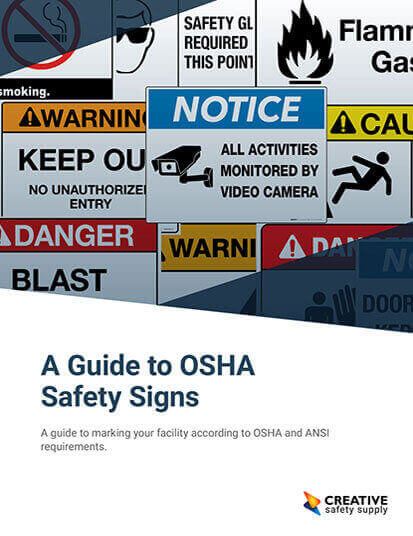
IEC stands for the International Electrotechnical Commission. It is an international standards organization that helps to prepare international standards for a variety of things related to technical, electrical, and electronic topics. They publish these standards for the industry throughout the world. With 89 member countries following the standards published by the IEC, they are one of the more influential commissions in the industry.
The standards they create apply to a wide range of different specific technologies. They have standards related to medical technology, multimedia, telecommunication, electroacoustics, electronics, magnetics, energy production, energy distribution, and much more. The IEC also creates standards and best practices related to terminology and symbols related to this industry. Since they work in such a diverse number of things in the industry, they are one of the most important and influential groups to be aware of.
The IEC was founded in 1906 in London. Today they are headquartered in Geneva, Switzerland. All the member countries can provide input to the commission. This is done through the various national committees, which represent the electrotechnical interests of the country they come from. In general, the representatives from each country will be people who work within the industry, so they have a good understanding of how things are done in their country and what needs they have.
The membership levels of the IEC are broken down into three tiers. Full members, associate members, and affiliates. Full members have the full ability to vote and influence the commission. Associate members have limited rights. The affiliates are the newest tier and were formed in 2001 to help open the commission to more developing nations. This effort was done to help make it easier for these nations to stay informed of the global standards as well as voice the needs of their countries to a larger group.


